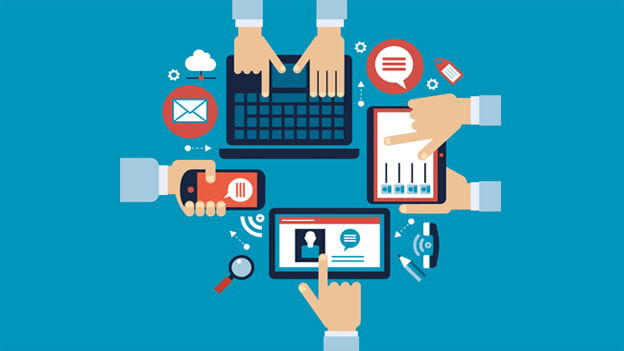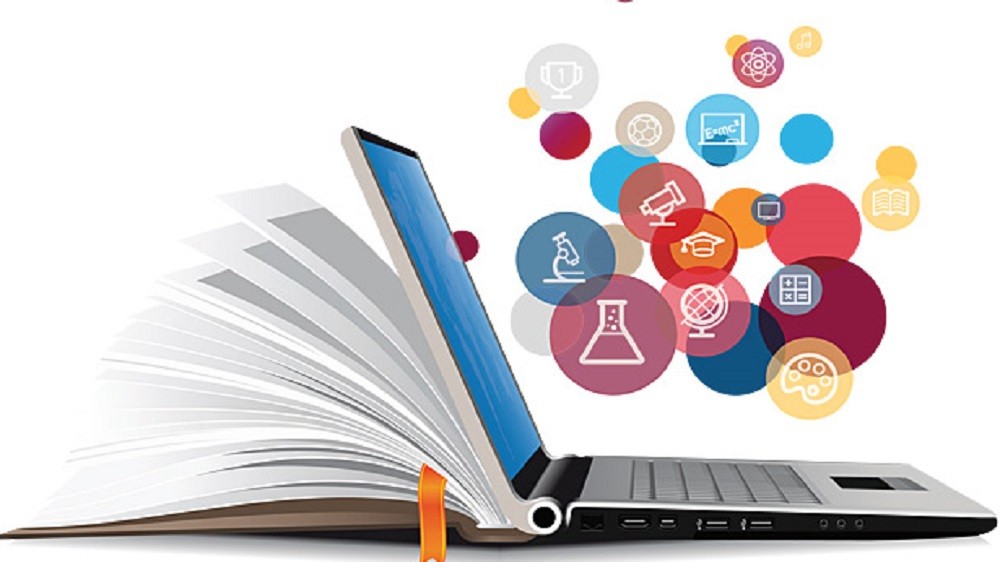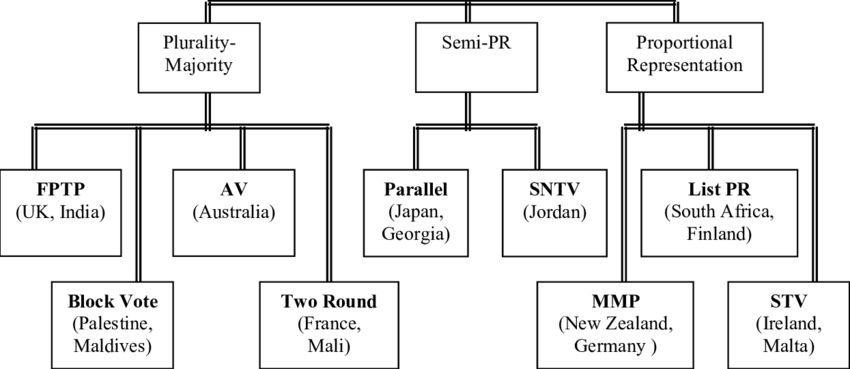How to improve digital literacy and technological skills
improving your digital literacy and technological skills is necessity for your career, enhance your educational journey, and stay connected.

In today's rapidly evolving world, digital literacy and technological skills have become essential for individuals of all ages and backgrounds.
Whether you're a student, a professional, or a retiree, having a strong grasp of digital tools and technologies can open up a world of opportunities.
In this blog post, we will explore the importance of digital literacy and offer practical tips on how to enhance your technological skills.
The Significance of Digital Literacy
Digital literacy refers to the ability to use digital devices and technologies to access, understand, create, and communicate information effectively.
It encompasses a wide range of skills, from basic computer operation to navigating the internet, evaluating online information, and using various software applications. Here's why digital literacy is so crucial in today's society:
- Employability: Many job roles now require at least basic digital skills. As technology continues to advance, the demand for digitally literate employees will only increase. Digital literacy can significantly boost your employability and career prospects.
- Education: Students at all levels, from elementary school to higher education, are increasingly relying on digital tools for learning. Being digitally literate enables students to access educational resources, collaborate with peers, and complete assignments more efficiently.
- Access to Information: The internet is a vast repository of information. Digital literacy empowers individuals to search for and critically evaluate online content, ensuring that they can access accurate and reliable information.
- Communication: Whether it's staying in touch with friends and family or participating in online communities, digital literacy is essential for effective communication in the digital age.
- Personal Growth: Beyond the professional realm, digital literacy enhances personal growth. It enables individuals to pursue hobbies, access entertainment, and engage in lifelong learning through online courses and resources.
Now that we understand the importance of digital literacy, let's delve into strategies to improve your technological skills.
Practical Steps to Enhance Your Digital Literacy
- Start with the Basics:Before diving into more advanced technologies, ensure you have a solid foundation in basic digital skills. This includes understanding how to operate a computer, use a keyboard and mouse, and navigate different operating systems (e.g., Windows, macOS, Linux).
- Internet Proficiency:Familiarize yourself with internet basics. Learn how to use web browsers like Google Chrome, Mozilla Firefox, or Microsoft Edge. Practice searching for information using search engines like Google and familiarize yourself with common online terminology (e.g., URLs, links, and bookmarks).
- Email Etiquette:Email is a fundamental communication tool in both personal and professional settings. Learn how to create, send, receive, and manage emails. Understand email etiquette, including how to format messages, use subject lines effectively, and manage your inbox efficiently.
- Cybersecurity Awareness:In an era of increasing cyber threats, it's crucial to learn about cybersecurity. Understand the importance of strong passwords, two-factor authentication, and how to identify and avoid phishing scams. Regularly update your software and use reputable antivirus programs.
- Social Media Savvy:If you use social media platforms, become proficient in their usage. Learn how to set privacy settings, share content responsibly, and navigate various social media interfaces. Be aware of the potential impact of your online presence on your personal and professional life.
- Microsoft Office and Productivity Tools:Proficiency in productivity software like Microsoft Office (Word, Excel, PowerPoint) or Google Workspace (Docs, Sheets, Slides) is highly valuable. These tools are widely used in many professional settings for document creation, data analysis, and presentations.
- Online Courses and Tutorials:There are numerous online platforms (e.g., Coursera, edX, Khan Academy) that offer free and paid courses on a wide range of digital topics. Consider enrolling in courses that align with your interests and career goals.
- Tech Communities and Forums:Join online communities and forums related to your areas of interest. These platforms are excellent for learning from others, troubleshooting technical issues, and staying updated on the latest trends and developments.
- Practice Regularly:Like any skill, digital literacy improves with practice. Use your digital skills in your daily life, whether it's writing documents, creating spreadsheets, or conducting online research. The more you practice, the more confident and proficient you will become.
- Stay Informed:Technology evolves rapidly. Make it a habit to stay informed about the latest technological advancements, trends, and innovations by reading tech news, blogs, and attending relevant webinars and conferences.
Specialized Technological Skills
In addition to the fundamental digital skills mentioned above, consider exploring specialized areas based on your interests and career aspirations. Here are a few examples:
- Coding and Programming:Learning to code is a valuable skill that can open doors to careers in software development, web development, data analysis, and more. Start with beginner-friendly languages like Python and gradually explore more complex languages and frameworks.
- Data Analysis and Visualization:If you're interested in data-driven decision-making, explore tools like Microsoft Excel, Python libraries (e.g., pandas, matplotlib), and data visualization software (e.g., Tableau) to analyze and present data effectively.
- Digital Design and Multimedia:If you have a creative streak, delve into graphic design, video editing, or 3D modeling using software like Adobe Creative Cloud, Blender, or Final Cut Pro.
- Cybersecurity and Ethical Hacking:For those concerned with digital security, consider learning about ethical hacking and cybersecurity. Understand how to protect systems from cyber threats and vulnerabilities.
- Cloud Computing and DevOps:Explore cloud platforms like AWS, Azure, or Google Cloud, and learn about DevOps practices for efficient software development and deployment.
In today's digitally driven world, improving your digital literacy and technological skills is not just an option; it's a necessity.
Start with the basics, gradually expand your knowledge, and explore specialized areas that align with your interests and goals.
What's Your Reaction?
















